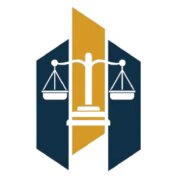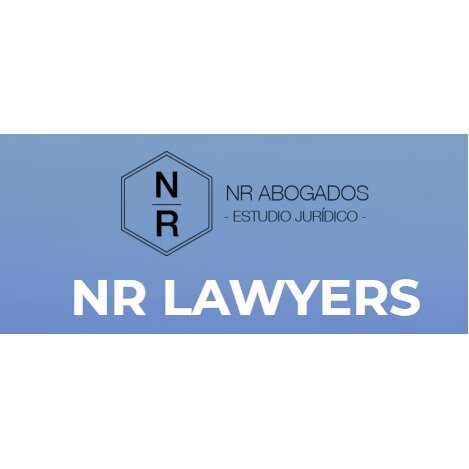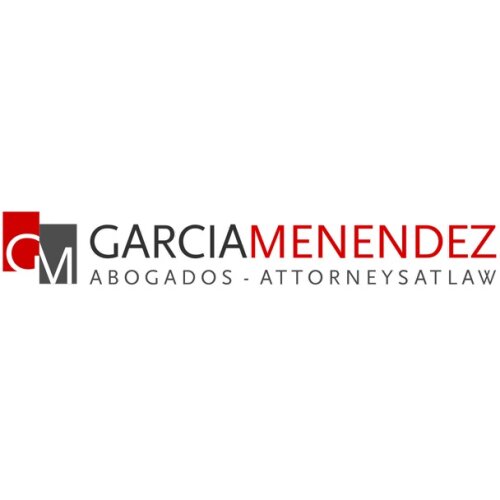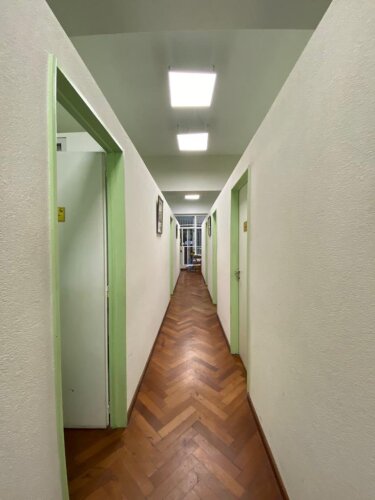Best Estate Planning Lawyers in Buenos Aires
Share your needs with us, get contacted by law firms.
Free. Takes 2 min.
List of the best lawyers in Buenos Aires, Argentina
About Estate Planning Law in Buenos Aires, Argentina:
Estate planning in Buenos Aires, Argentina involves the legal process of making arrangements for the transfer of a person's assets and properties after their death. This includes creating wills, trusts, and other legal documents to ensure that their wishes are carried out. Estate planning also involves minimizing taxes and other costs associated with the transfer of assets.
Why You May Need a Lawyer:
You may need a lawyer for estate planning in Buenos Aires if you have complex assets or family situations. A lawyer can help ensure that your wishes are legally binding and that your beneficiaries receive their intended inheritance. Additionally, a lawyer can help you navigate the complex legal requirements and tax implications of estate planning in Argentina.
Local Laws Overview:
In Buenos Aires, Argentina, the main laws governing estate planning include the Civil Code, which sets out the legal requirements for wills and inheritance. It is important to understand the laws around forced heirship, which dictate that certain family members are entitled to a portion of the deceased's estate, regardless of their wishes.
Frequently Asked Questions:
1. What is the purpose of estate planning in Buenos Aires, Argentina?
Estate planning allows individuals to specify how their assets should be distributed after their death and ensures that their wishes are legally upheld.
2. Do I need a will in Buenos Aires, Argentina?
While not required by law, having a will is highly recommended to ensure that your assets are distributed according to your wishes.
3. What is forced heirship in Buenos Aires, Argentina?
Forced heirship is a legal concept that requires certain family members to receive a portion of the deceased's estate, even if they are not named in the will.
4. What is a trust and how does it work in estate planning?
A trust is a legal entity that holds assets on behalf of beneficiaries. It can be used to avoid probate, minimize taxes, and protect assets from creditors.
5. How can a lawyer help with estate planning in Buenos Aires, Argentina?
A lawyer can help you create and execute legal documents such as wills and trusts, navigate complex legal requirements, and minimize taxes and costs associated with estate planning.
6. Can I change my will in Buenos Aires, Argentina?
Yes, you can change your will at any time as long as you are of sound mind and follow the legal requirements for making changes.
7. What happens if I die without a will in Buenos Aires, Argentina?
If you die without a will, your assets will be distributed according to the laws of intestacy, which may not align with your wishes.
8. How can I minimize taxes in estate planning in Buenos Aires, Argentina?
A lawyer can help you explore legal strategies to minimize taxes, such as gifting assets during your lifetime or setting up trusts.
9. Can I disinherit a family member in Buenos Aires, Argentina?
While you may have the right to disinherit a family member, it is important to consult with a lawyer to ensure that your wishes are legally upheld.
10. How much does estate planning in Buenos Aires, Argentina cost?
The cost of estate planning varies depending on the complexity of your assets and family situation. It is best to consult with a lawyer to get an accurate estimate.
Additional Resources:
For more information on estate planning in Buenos Aires, Argentina, you can contact the Colegio de Escribanos de la Ciudad de Buenos Aires, which is the professional organization for notaries and estate planning professionals in the city.
Next Steps:
If you are in need of legal assistance for estate planning in Buenos Aires, Argentina, it is recommended to consult with a qualified lawyer who specializes in estate planning law. They can help you navigate the legal requirements, minimize taxes, and ensure that your wishes are legally upheld.
Lawzana helps you find the best lawyers and law firms in Buenos Aires through a curated and pre-screened list of qualified legal professionals. Our platform offers rankings and detailed profiles of attorneys and law firms, allowing you to compare based on practice areas, including Estate Planning, experience, and client feedback.
Each profile includes a description of the firm's areas of practice, client reviews, team members and partners, year of establishment, spoken languages, office locations, contact information, social media presence, and any published articles or resources. Most firms on our platform speak English and are experienced in both local and international legal matters.
Get a quote from top-rated law firms in Buenos Aires, Argentina — quickly, securely, and without unnecessary hassle.
Disclaimer:
The information provided on this page is for general informational purposes only and does not constitute legal advice. While we strive to ensure the accuracy and relevance of the content, legal information may change over time, and interpretations of the law can vary. You should always consult with a qualified legal professional for advice specific to your situation.
We disclaim all liability for actions taken or not taken based on the content of this page. If you believe any information is incorrect or outdated, please contact us, and we will review and update it where appropriate.














